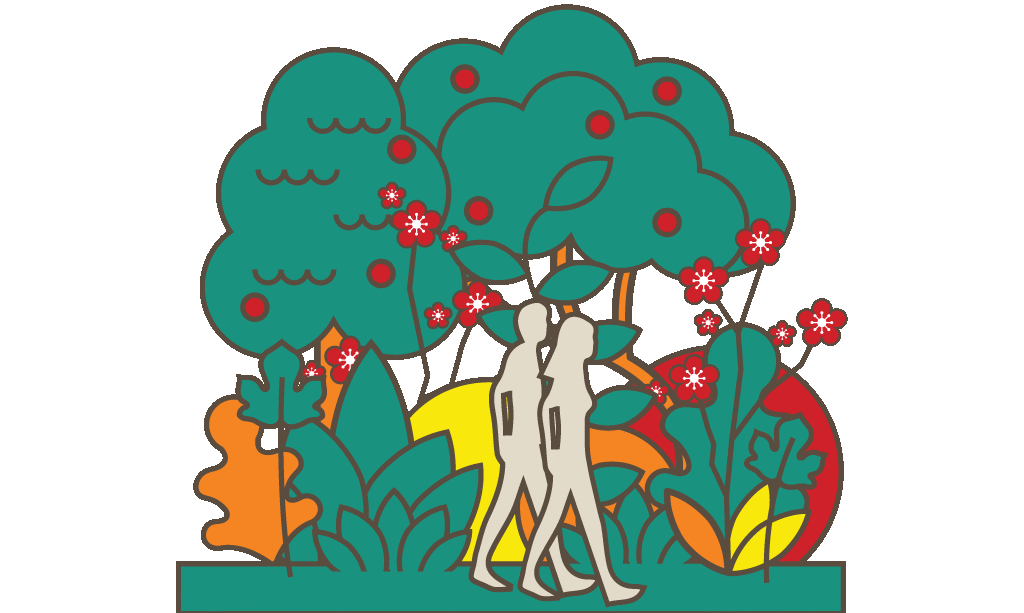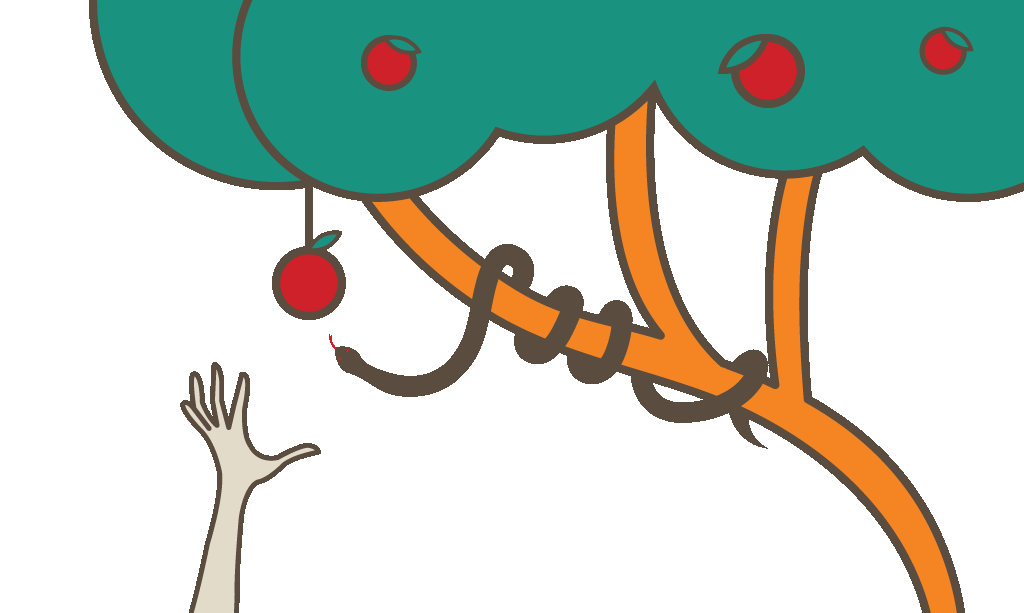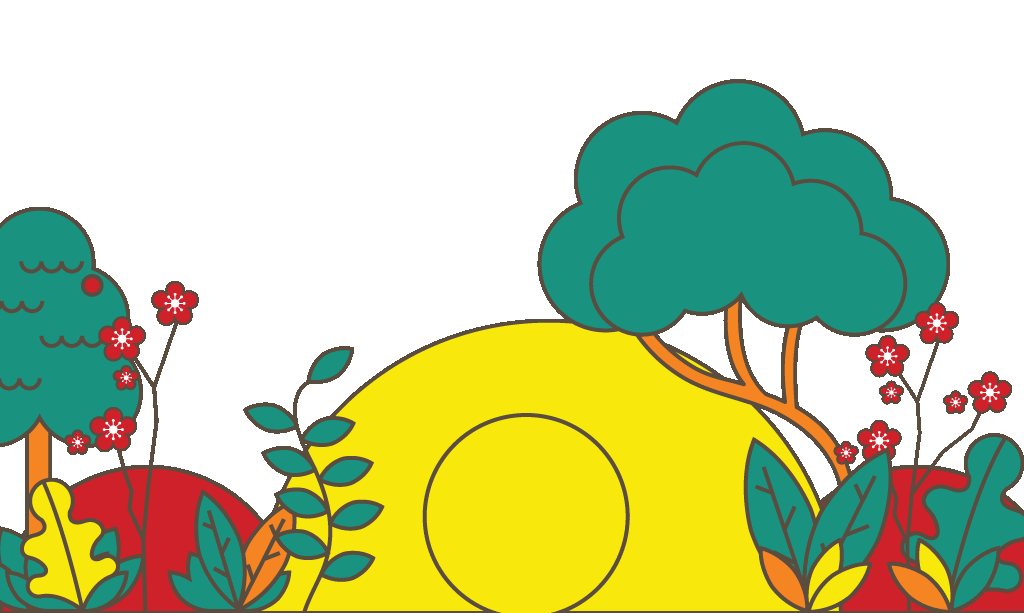Are you 福(Fú) – filled?
Hi there. Thanks for dropping by!
Whether it was out of curiosity or boredom (we know how awkward some of these gatherings can get) that got you to scan the QR code or type in the URL on the back of this red packet, we’re glad to see you here.
Now, you probably already know that 福(Fú) refers to happiness, or more commonly, blessing. But do you know how its meaning was derived? To answer that question, we need to deconstruct the word into its four components: 示, 一, 口, and田.
“示” (shì): offering—this represents praying for one’s well-being
“一” (yī): one—this represents one family
“口” (kôu): mouth—this represents a person
“田” (tían): field—this represents having one’s own garden and produce
This explanation concurs with a common Chinese saying, “It’s a blessing to be able to eat”. This shows that our ancestors think of blessing as the state in which every person in the family has their physical well-being taken care of.
You may agree. Or you may be wondering, “Is that really the case? Does having material possessions make one blessed?” Whichever side you’re on, you probably can agree that material possession can satisfy—but only temporarily. After all, nothing in this life is permanent and the things we have do not last. How then can one be truly blessed?
There is another story behind the word 福(Fú) which you may be interested to hear about; it involves something a lot more valuable and lasting than material possession. And just like the earlier story, its meaning is also derived from the specific meaning of each component. But here’s the difference:
“示” (shì): worship—this represents worshipping and relying on the Creator God
“一 ” (yī) “口”(kôu): one breath—this represents God giving the first man he created—Adam—the breath of life.
“田” (tían): Garden—this represents the Garden of Eden
Now, when you put all the parts together to form the word 福(Fú), this is what it means: Adam, enjoying a relationship with God in the garden of Eden.
To put it another way, imagine a perfect world where all your needs are provided for and you have the most intimate, complete and satisfying relationship with someone who will never fail or disappoint. That was the picture-perfect life Adam enjoyed with God.
And that is the same life God is extending to you as well. Would you want this 福(Fú)-filled life too?
The Blessed Life
Does this sound familiar? If you’ve ever flipped a Bible, you might recall reading a story from the book of Genesis (Chapter 2 in particular) which details how God created the first man, Adam, and placed him in the garden of Eden. Genesis 2:15 says, “The Lord God took the man and put him in the Garden of Eden to work it and take care of it.”
Now, the Garden of Eden was a place that reflected the beauty of heaven. There was no sorrow, no shame, and no sin. Adam and Eve—the woman God created as Adam’s helper—enjoyed God’s presence and lived in the Garden, with an abundance of fruit trees, without a care in the world. All they had to do was to take care of the garden and stay away from one particular tree in the garden.
Imagine a life like that! No worries and no cares. Just pure and utter bliss. That was what福(Fú) represented: a perfect, satisfying, and intimate relationship between God and man, built to last for eternity.
The Separation
But, as you might have guessed, this was short lived. To cut the long story short, Adam and Eve disobeyed God by eating from the tree God had forbidden them to.
It was a blatant act of defiance against God. And for the first time in their lives, Adam and Eve felt shame, anxiety, and fear.
Their sin broke God’s heart, but being a righteous and holy God, He had to punish them for their sins. Not only were they banished from the Garden of Eden, they had to face troubles in their life, physical death, and finally—an eternal separation from God.
By their act of disobedience, the perfect relationship God had with Adam and Eve (in effect, the whole of humanity) was shattered.
The Reconciliation
Thankfully, the story didn’t end there. Though mankind became more and more evil, God still loved us and decided to take it upon himself to restore the perfect relationship humanity once shared with him. But it came at a hefty cost—the life of his beloved son, Jesus Christ.
In order to save us from the punishment of our sins, Jesus took on the form of a human being and came into this world some 2000 years ago. He lived a holy and blameless life, and achieved what none of us could ever do—a perfect and blameless life. Hence, he was able to take the punishment for us.
Jesus died a humiliating, cruel, and painful death on the cross in our place. But he didn’t remain dead, rising from the dead three days later, and ultimately, defeating death once for all. Now if we turn to Jesus and put our trust in him, we can be forgiven by God and enjoy a reconciled relationship with him.
And that’s how we can experience true 福(Fú), just as Adam and Eve originally did in the garden of Eden. A perfect, satisfying, and intimate relationship with God, built to last for eternity.
Are you living a福(Fú) – filled life?




